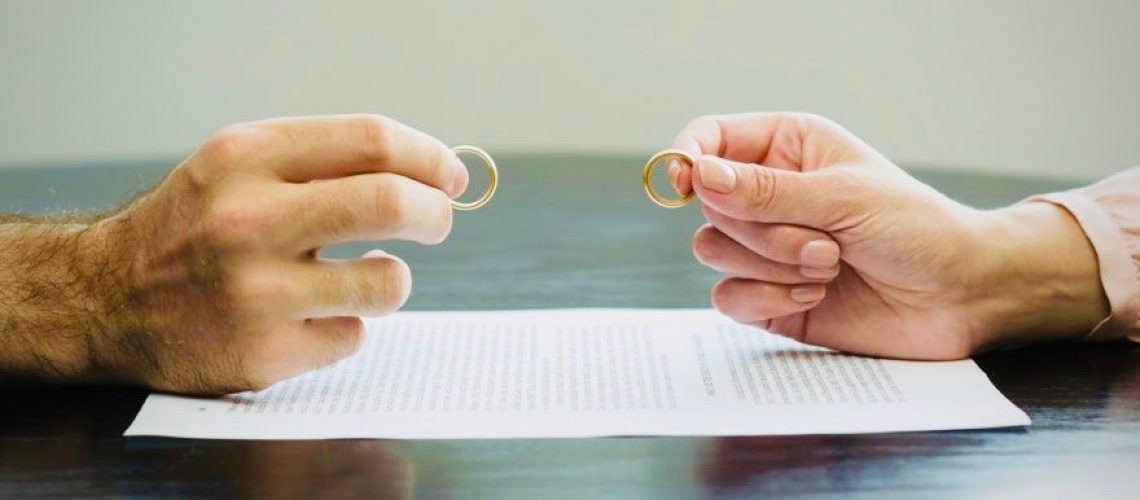
SEPARATION WITH DEBIT
The Court of Civil Cassation Sec. I by order May 30, 2023 No. 15196 President Genovese - Rapporteur Tricomi, returns to the debated topic of marital infidelity for the purposes of the debit of separation-rebutting that for the purposes of the debit of separation, the failure to comply with the obligation to The Court of Civil Cassation Sec. I by order May 30, 2023 No. 15196 President Genovese -Rapporteur Tricomi, returns to the debated issue of marital infidelity for the purposes of the debit of separation-refuting that for the purposes of the debit of separation, the failure to comply with the obligation of marital fidelity represents a particularly serious violation, which, normally determining the intolerability of the continuation of cohabitation, must be considered, as a rule, sufficient circumstance to justify charging the responsible spouse with the separation, provided that the causal link between infidelity and marital crisis is established, by means of a rigorous assessment and an overall evaluation of the behavior of both spouses, such that the pre-existence of a crisis already irremediably in place, in a context characterized by a merely formal cohabitation, is apparent. Distort his or her real intentions.
Divorce allowance and new cohabitationThe United Sections of the Supreme Court, in its ruling No. 32198 of 5-11-2021, resolved a controversial issue and affirmed that a former spouse can keep the divorce allowance even if he or she establishes a new cohabitation.
Let's see when the divorce allowance is due and when this obligation ceases
In the divorce decree, the court orders the obligation of one spouse to pay periodically to the other an allowance when the latter does not have adequate means or otherwise cannot obtain them for objective reasons.
This obligation to pay the divorce allowance automatically ceases if the beneficiary spouse moves to a new marriage (Art. 5, c. 10, L. 898/1970). This is because, as the Civil Code provides (Art. 143), with marriage the beneficiary is supported materially and economically by the new spouse.
Jurisprudence has equated more uxorio cohabitation with characters of stability and seriousness with the new marriage, anticipating, through the recall of these characters, the contents of the law on cohabitation (L. 76/2016), which defines de facto cohabitants as “two persons of age united on a stable basis by affective ties of couple and mutual moral and material assistance.” So, in case of cohabitation, the divorce allowance should automatically lapse.
But this is not the case because marriage and cohabitation are different institutions.
Despite the call for mutual moral and material assistance conten
Written by: Michela De Palma










